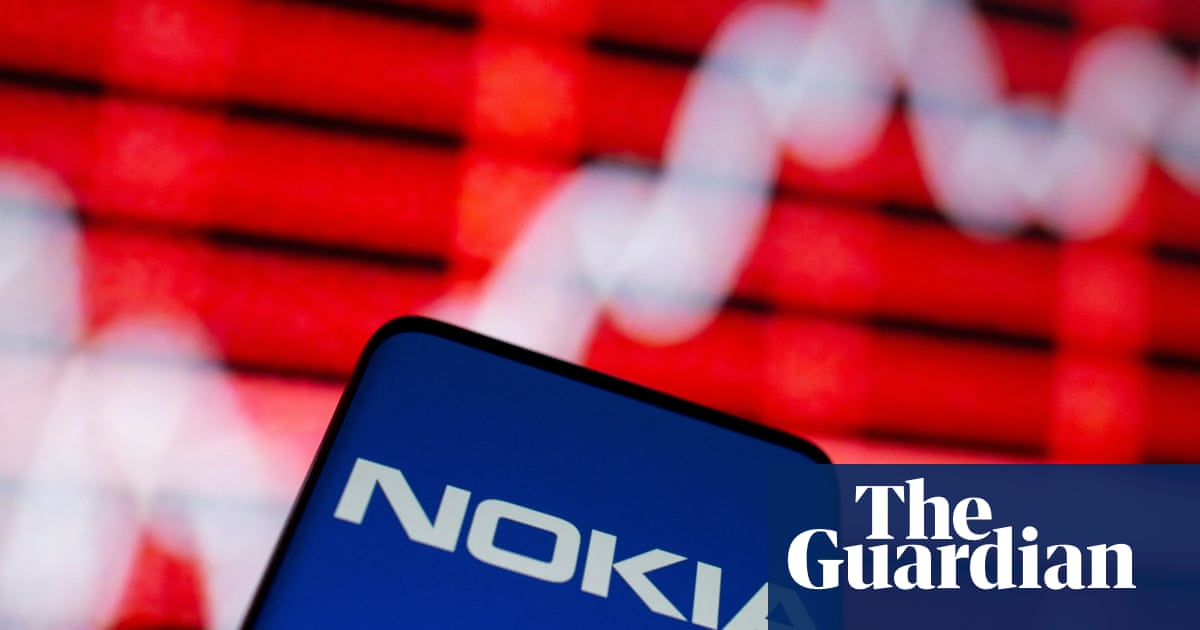
Profits at the B&Q owner Kingfisher fell by almost a third in the first half of the year as the pandemic DIY boom came to an end, but the company is benefiting from soaring demand for home insulation.
Pretax profits at Kingfisher, which owns the B&Q and Screwfix chains in the UK along with Castorama and Brico Dépôt in France, fell to £474m in the six months to 31 July, a near 30% drop from a year earlier.
Like-for-like sales dropped 4.1% year on year. Kingfisher had a very strong first half last year because DIY stores were allowed to stay open during Covid-19 lockdowns, and the move to home working prompted many people to make DIY improvements to their homes and gardens.
The Kingfisher chief executive, Thierry Garnier, warned of “a more challenging environment” as a recession looms and household budgets are hit by soaring energy and food bills.
Shares fell nearly 6% on Tuesday morning, making Kingfisher one of the biggest fallers on the FTSE 100.
“The cost of living [crisis] probably is worse in the UK [than France],” Garnier said. “The French government very early on decided to cap energy prices … We are really welcoming the decision of the new [UK] prime minister in this area.”
However, Garnier said there was no clear sign of consumers cutting back on expensive items such as kitchens and bathrooms or shifting from brands to cheaper own-label products, and sales and profits remained well above pre-pandemic levels.
“Nothing in recent weeks shows negative trends but on the contrary, better trends, especially on plumbing, insulation and energy efficiency,” he said.
Garnier said the energy crisis had pushed up demand for products, such as loft insulation and draft excluders. At B&Q, insulation sales jumped 110% over the past three weeks compared with pre-pandemic levels, and were 82% higher year on year. Overall, across the group, insulation sales were up 70% from 2019, and 32% higher than a year earlier.
He said Liz Truss’s first priority should be to support people faced with soaring energy bills, especially those on lower incomes, but he also stressed the importance of long-term measures to improve homes’ insulation and overall energy efficiency. “The houses in this country are relatively poorly insulated. We need government decisions in this area,” he said.
Kingfisher has sent a number of recommendations to the UK government, for example reducing stamp duty for homebuyers who undertake energy efficiency work.
In the first half, Garnier said the company had delivered “very resilient” revenue, noting that like-for-like sales were still 16.6% above pre-pandemic levels and that Kingfisher had gained market share.
He said Kingfisher was back to “pre-pandemic levels for in-store product availability”, after supply chain problems led to gaps on shelves.
Profit margins were down as the firm tried to juggle rising raw material costs and supply chain pressures as well as more need for promotions, which were put on hold during the lockdowns.
Garnier said cost pressures were starting to ease, in particular the prices of raw materials such as metal and plastic, and freight charges. The cost of a container from China has dropped from $14,000 (£12,240) in China to $8,000 now, for example. However, Garnier said the changes were not likely to lead to lower prices in stores until next year.
But he said Kingfisher, like the wider retail sector, faced economic uncertainty. “We remain vigilant against the more uncertain economic outlook for the second half. We are therefore focused on delivering value to our customers at a time when they need it most.”












